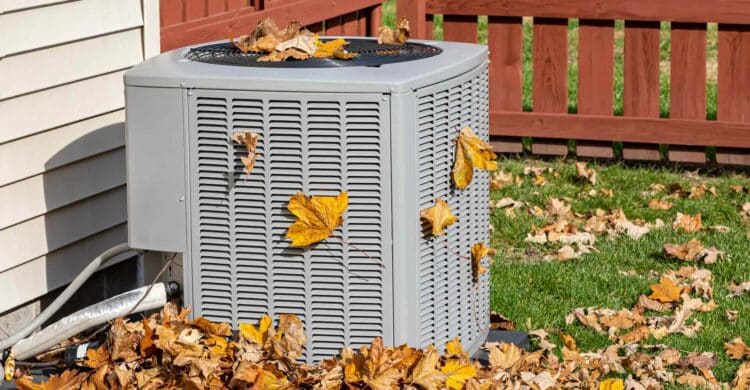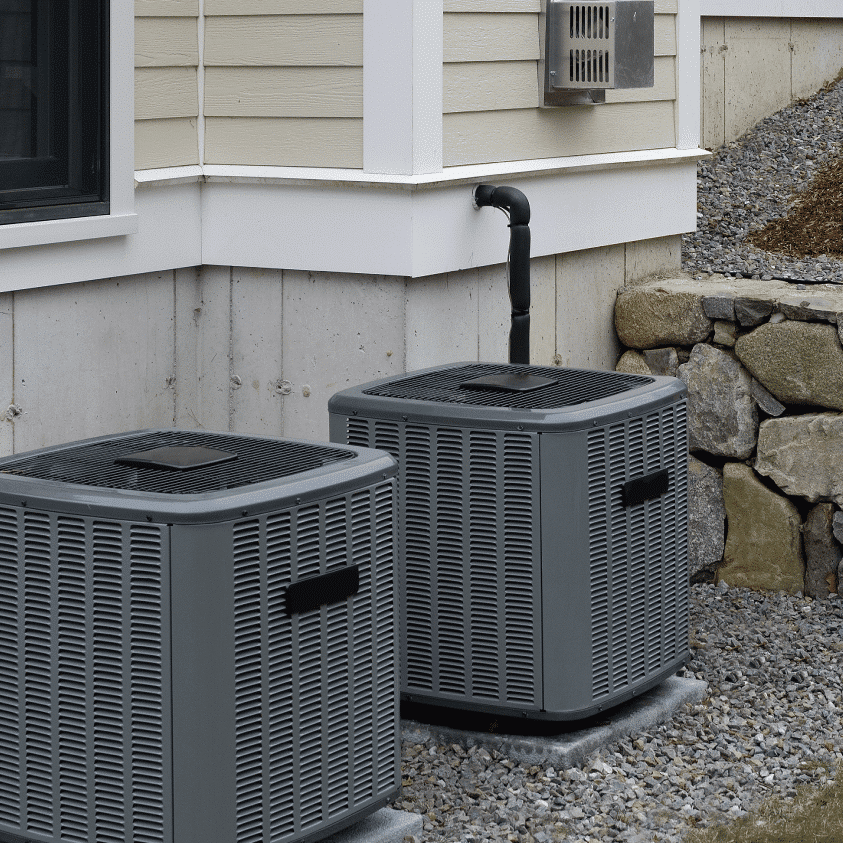
How Georgia Weathers Affects HVAC Systems
Unfortunately, most HVAC issues occur during the hottest and coldest days of the year, when the most pressure is on your HVAC system, making extreme weather a top reason for unit challenges.
With the following precautionary steps, you can save yourself time and money by properly maintaining your existing HVAC system.
How Do I Winterize My Unit?
To prepare for the colder months, there are a few steps you can take to protect your HVAC unit.
-
- Shut the system down before performing any sort of maintenance.
-
- Check your filters once a quarter to ensure they are clean, functioning, and circulating air properly.
-
- Check for any weird unit noises or sounds that may indicate a problem.
-
- Set your thermostat to full heat to check for any moisture or leaking that could damage your heating system.
-
- Enter each room of the house to ensure that hot air is flowing through every vent. If not, this is a sign that you may need a professional inspection.
Should I Buy a Cover for My Unit?
For local Georgians, buying a cover for an HVAC system is rather unnecessary because winter temperatures do not reach extreme levels.
Modern A/C units are very well-designed using high-quality and durable material meant to withstand harsher conditions. For this reason, buying a cover for your unit during the off-season probably won’t make a difference.
What homeowners can do, however, is to check for any leaves, pine needles, or debris in the unit that could build up over time.
Is It Ok to Cover My Outside Unit?
While there are no outstanding negative effects of a cover, modern units have no need for extra outdoor protection because of their mechanical sturdiness. There is no way to keep out the moisture 100% of the time, so a cover will make little difference for Georgian residents.
How Do I Inspect My Unit for Issues?
A DIY HVAC inspection is one of the best things you can do to winterize your unit. Here are some of the steps you can take to check for issues:
-
- Start with the thermostat
-
- Shut off the power
-
- Remove debris from external HVAC unit
-
- Clean and repair the fins
-
- Clean the area around the unit
-
- Level the unit
-
- Clean the evaporator oil
-
- Check the evaporator drain
-
- Replace the filter every quarter
The aforementioned routine should get you well on your way to a well-maintained HVAC system for the winter.
HVAC: Preparing for the Winter
Winterizing your unit does not have to be a stressful process. With simple precautionary steps, you can avoid the need for professional inspection and rather service your unit on your own.
By doing so, you will ensure that you have an efficient and well-operating HVAC system for the cold months to come!

